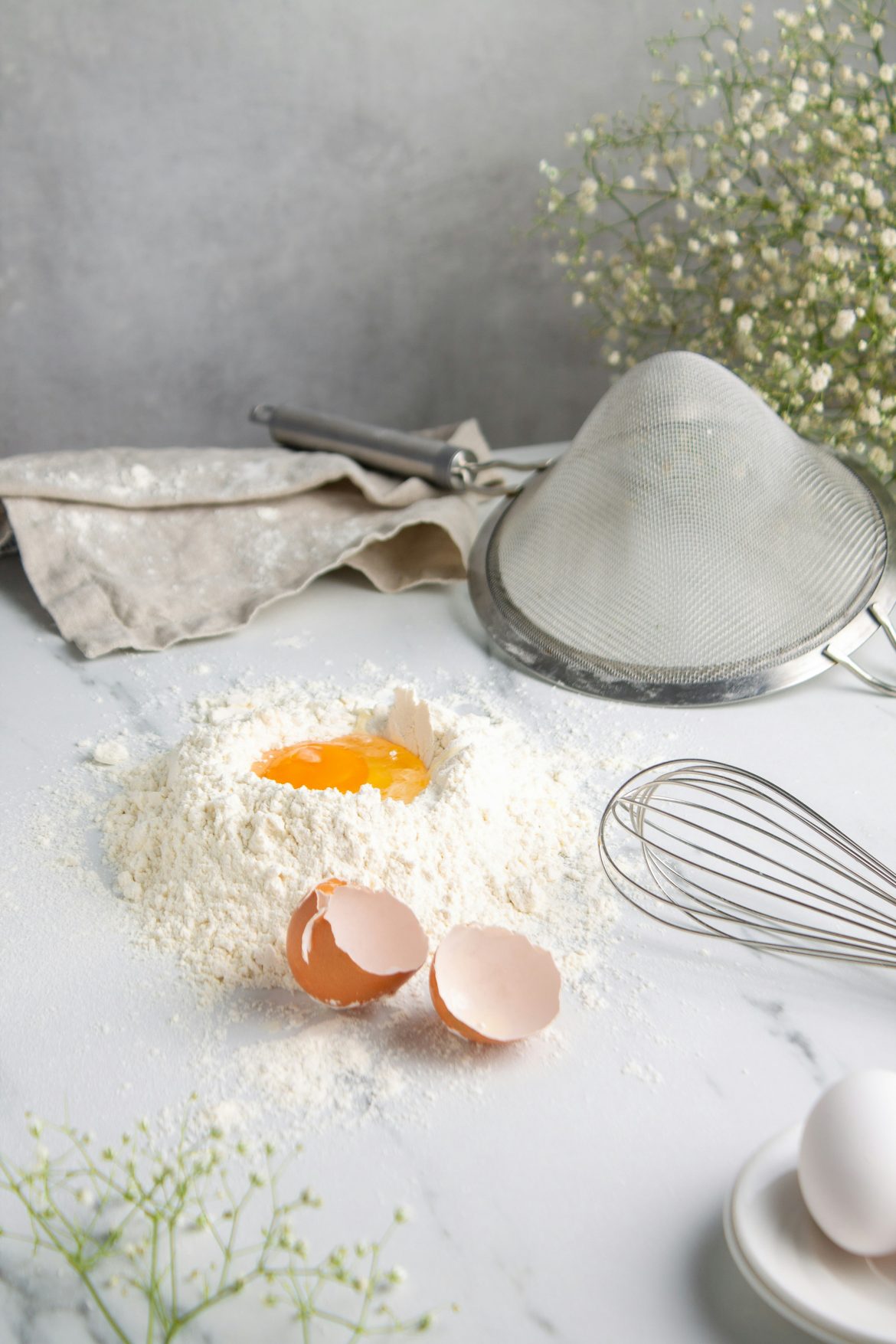Baking is a science that requires lots of patience, but it can also be one of the most rewarding things to do in the kitchen – when it goes right.
But what happens when your bread doesn’t rise, your cookies spread too much, or your cake turns out dense? Often, it’s the little details that make all the difference. If you’re ready to troubleshoot your way to better bakes, here’s a guide to some common mistakes and how to avoid them.
Skipping recipe instructions
The first time you bake something, stick to the recipe exactly. Substitutions and changes might sound tempting, but without knowing how ingredients interact, they can throw off the entire bake. Once you’re familiar with the recipe, you can experiment confidently.
Guessing instead of measuring
Accurate measurements are crucial in baking. Use a scale to weigh your ingredients instead of relying on cups. Even slight inaccuracies can affect the final product, especially in recipes requiring precise ratios like macarons or bread.
Starting without thoroughly reading the recipe
Baking requires planning. Skipping steps because you didn’t read the recipe beforehand can lead to disaster. Always read the full recipe so you understand the process, timing, and tools needed.
Ignoring your oven’s quirks
Ovens can be unpredictable. Some run hotter or colder than their setting. Invest in an oven thermometer to ensure you’re baking at the correct temperature, and take note of your oven’s hot spots.
Not proofing dough properly
If you bake bread or pastry, under-proofing can ruin the texture. Pay attention to the dough’s temperature and give it enough time to rise. Don’t rush the process—proofing affects flavour and structure.
Using old or poor-quality ingredients
Expired baking powder, stale flour, or old yeast can sabotage your baking. Check expiration dates, and store ingredients properly in airtight containers to maintain freshness.
Multitasking during baking
Baking requires focus. Leaving halfway through to run errands or getting distracted can lead to burnt cookies or forgotten steps. Stay present and give the process your full attention.
Being too rough (or gentle) with dough
Whether you’re kneading bread or folding a cake batter, technique matters. Overworking dough can make it tough, while under-mixing can leave lumps or uneven textures. Follow the recipe’s instructions for mixing and kneading.
Jumping between recipes too quickly
If a recipe didn’t work, give it another shot before moving on. Sometimes, small adjustments—like using a different type of flour or tweaking the oven temperature—can make a big difference.
Not taking notes
When things go wrong—or right—write it down! Keeping track of what worked and what didn’t will help you refine your skills and avoid repeating mistakes.
By avoiding these common pitfalls, you’ll set yourself up for success and enjoy the sweet rewards of your hard work.
ALSO SEE: Why did my cake sink in the middle? Here’s how to avoid a baking meltdown
Why did my cake sink in the middle? Here’s how to avoid a holiday baking meltdown
Image: Pexels

